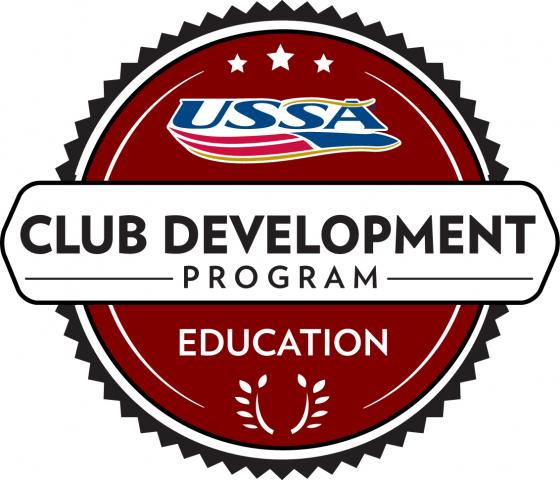Professional Development
Professional Development
Integrating, requiring, rewarding and sustaining staff and professional development is vital to building the best club staff. There are multiple benefits to placing emphasis here such as:
Team Building: Not only is training intended to improve teaching skills, it is also a chance to enhance other skills that will make your program stand out, such as communication and teamwork. Handing out scenarios and troubleshooting together is a great way to improve teamwork and problem solving skills.
Value Placed on the Profession: Even if you have primarily part-time coaches, this will help you establish pride and professionalism. Whereas if you have career coaches, they will be recognized and appreciated for their efforts which will translate to a more devoted staff.
Clear Expectations: Expectations, whether they apply to particular coaches’ certification or professional development or general club expectations, will be clearly understood. Review your policies and code of conduct, and highlight changes from previous sessions. Explain why they have been implemented and field questions now to avoid surprises or confusion later. If you have an employee handbook, review it together and have everyone sign that they have both read and understood the contents. This is all professional development. Additionally, expectations and requirements for on-going certification and professional development should be a part of your club staff culture.
Incentives for Certification and Advanced Degrees
It is recommended that USSA clubs establish an incentive system with their staff to either fund continuing coaches’ education or to provide a bonus for them as they achieve advanced certification levels and other related degrees. Coaches are the foundation of our clubs and make a tremendous impact on our sport in the United States. Whether coaches are helping out on a part-time or volunteer basis, or they are choosing coaching as a full-time profession, the influence a coach has on his or her athletes is profound. Coach-to-coach mentoring is also highly recommended. Mentoring allows coaches to share ideas and build a rapport with one another.
Well-trained and USSA certified coaches are one of your program’s greatest assets. Organized orientation and training can refresh your coach’s knowledge and build synergy among your team. Training can come in the form of formal pre-season workshops, in-house staff meetings, in-season reviews, shadowing or team coaching, participating in USSA seminars, other educational opportunities or degrees, or a combination of the above.
Certification and professional development expectations should be clearly communicated to all staff. This should be a significant aspect of the culture of your club and both a requirement and a benefit to being involved with your organization.
|


